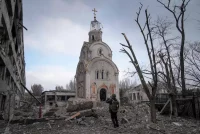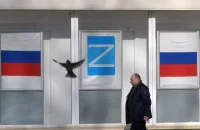
Poder y la responsabilidad en la Fiscalía
El blindaje estatutario de la autonomía y la imparcialidad del Ministerio Fiscal es un prius de cualquier propuesta seria sobre el proceso penal español. Las presentadas hasta ahora postergan la cuestión, asumiendo resignadamente la dependencia política de la Fiscalía. Una vez más, la atribución al fiscal de la dirección de la investigación penal se aleja del horizonte. Sin embargo, cuando el MF atraviesa la peor crisis reputacional de su historia democrática, la renovación de su diseño estatutario resulta una urgencia inapelable para el funcionamiento diario de una institución permanentemente cuestionada. Un apremio para la mayoría de los fiscales que trabajan anónimamente con toda la dignidad posible y para los ciudadanos a quienes sirven.… Seguir leyendo »









